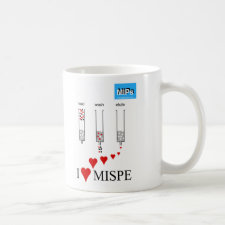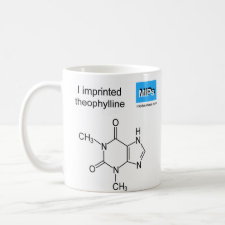
Authors: Svenson J
Article Title: Ultrasound-assisted preparation of molecularly imprinted polymers: Effects on polymer morphology, binding, and chromatographic behavior.
Publication date: 2006
Journal: Analytical Letters
Volume: 39
Issue: (14)
Page numbers: 2749-2760.
DOI: 10.1080/00032710600867358
Alternative URL: http://www.informaworld.com/10.1080/00032710600867358
Abstract: The influence of sonication on the preparation of molecularly imprinted polymers ( MIPs) toward theophylline has been studied. The study showed that MIPs prepared in an ultrasonic bath operating at 35 kHz displayed binding and separation characteristics similar to those of the reference MIPs prepared using more traditional protocols. The data illustrates how well the prepolymerization complexes formed in solution prior to polymerization survive the effects of cavitations induced in the liquid. Furthermore, the results show that sonication can be used as a tool for the preparation of MIPs, thus offering the chemist a way of increasing the solubility of troublesome templates. Sonication also presents an opportunity to achieve aided initiation and effective degassing without sacrificing binding capacity or rigidity
Template and target information: theophylline
Author keywords: molecular imprinting, polymer, sonication, cavitation, theophylline



Join the Society for Molecular Imprinting

New items RSS feed
Sign-up for e-mail updates:
Choose between receiving an occasional newsletter or more frequent e-mail alerts.
Click here to go to the sign-up page.
Is your name elemental or peptidic? Enter your name and find out by clicking either of the buttons below!
Other products you may like:
 MIPdatabase
MIPdatabase









